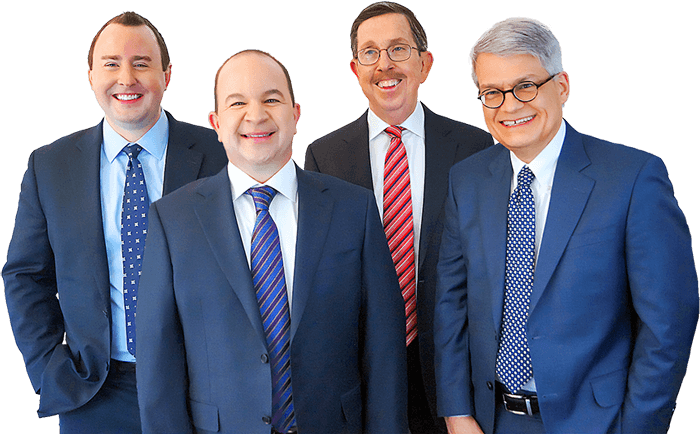Protecting Victims of Negligent Security
Businesses in Bridgeport and throughout Connecticut have a responsibility to take reasonable steps to protect the public and their customers from crime. Unfortunately, we all know that people visiting or walking through residential complexes, gas stations, night clubs, parking garages and retail stores can be targeted by criminals.
When an accident occurs and you are hurt or are left grieving the death of a loved one, the public or private property owner could be legally responsible for monetary compensation. Our attorneys at Tremont Sheldon P.C. take on these difficult premises liability cases.
Holding Property Owners Accountable for Your Injuries
When a business knows that it is in a dangerous area, or where a business has had previous criminal activity occur on its premises, the business has a duty to its customers to take reasonable steps to protect them. This does not mean that the business has to guarantee the safety of its customers. However, the business should act reasonably. That may mean that the business should:
- Install security cameras
- Have better lighting
- Install a better locking system on its doors
- Post a security guard outside
These simple steps can prevent the customer from being victimized by the criminal and spare them from costly litigation when their negligence leads to injuries or deaths.
We represented one man who was shot in a local Bridgeport bar. We represented another man who was assaulted in the parking lot of his condominium complex. We hope that pursuing these types of cases in court will encourage businesses to protect their customers.
In many cases like this, property owners will act quickly to address any safety hazards. That means evidence can be lost. After you seek medical attention, contact us so we can begin looking into your case.
Contact Attorneys Who Will Protect Your Rights
For many years, we have represented victims of crime when they are attacked in these commercial, private and public locations. If you have been such a victim, talk to our premises liability attorneys for further information on your rights. Call 203-212-9075 or contact us online to schedule a free consultation.

